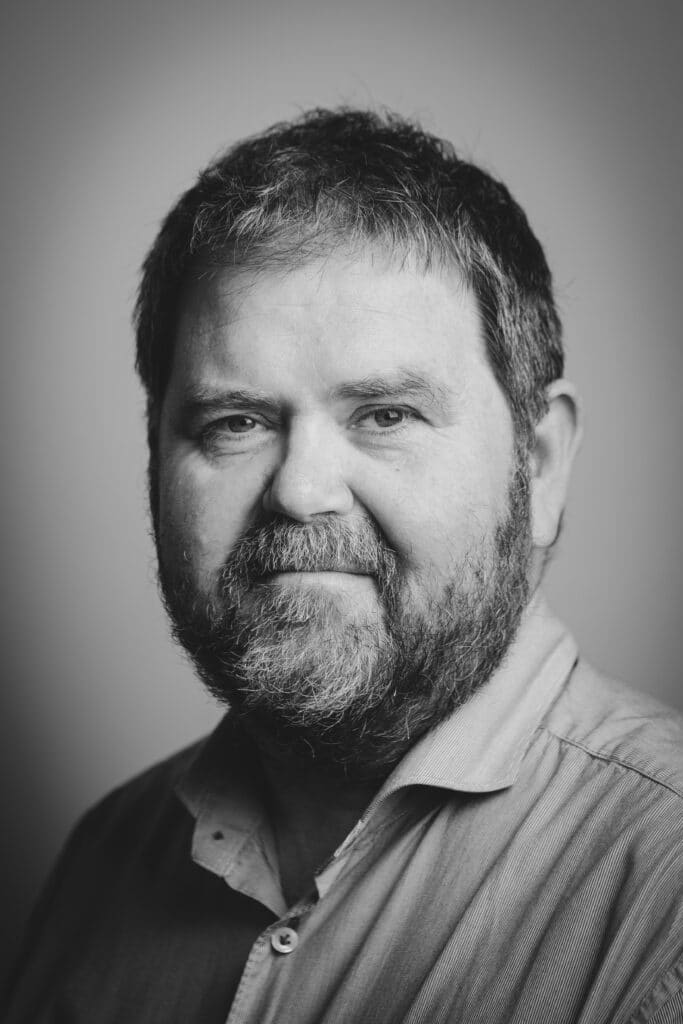South Island Regional Committee member and Christchurch City Council’s Head of City Growth and Property, Bruce Rendall, explains why the public and private sectors have more in common than you think.
Council Project Will Harm Rather Than Improve Business. Businesses Upset. Hands Off City Streets, Says Business Group.
So the headlines go.
Having worked in local government for nearly 30 years, I’m accustomed to claims that our sector doesn’t understand development and that we ignore the needs of businesses. I’ve heard the stories about how we will damage shopping strips and activity, centres and cause establishments to fail because of our “unworkable plans”.
I think the reality is different. Local government shares with the development community many of the same visions and preferred outcomes for our cities. Your local Council is interested in working with others to shape “cities where communities thrive”. We want our cities to thrive and be prosperous, supporting businesses, communities and individuals alike. Councils work to make sure our centres and neighbourhoods are accessible and connected, and that there are a range of attractions and actions that support private investment.
We also face many of the same challenges as the development and investment community. Two are in the forefront of my mind. The retail and work environment are changing rapidly, resulting in risks to current investment and a changing role of central activity districts, and suburban centres alike. Climate change and, our mitigation and adaptation response to it will also alter our cities. Our cities are going to get hotter, which will affect human health, productivity, and energy demand. They are going to experience more intense rainfall events, which can cause flooding, and damage to infrastructure and property. For coastal cities, rising sea levels, will increase coastal erosion, the risk of inundation, and see rising groundwater. We need to both adapt to this, through different infrastructure and try to mitigate the change so that the problem doesn’t get worse.
So, what would we in local government like the development community to know, so that we can work better together to meet these challenges and achieve the visions for our cities?
First, recognise that some of our drivers are different. We are a democratic institution, with elements of both participatory and representative systems. Participatory democracy requires us to engage and consult with our diverse communities. We need to listen and respond to all. While we recognise that some in the development community have invested significantly in our cities, the voices and views of all are valid and need to be heard.
Councillors stand for these diverse communities, so come with a variety of viewpoints, skills and experiences. There are few qualifications required to be a representative, so Councillors could be drawn from a wide variety of occupations. Not all elected members will understand development, so you may need to inform them about your challenges and accept that while they will listen to you, they may form different views and have different priorities.
Be involved in the big picture. Often the negative headlines focus on specific projects. These projects will have been developed in response to both local and national-level priorities and strategies. For instance, if the national priorities for land transport include improving safety, reducing emissions and vehicle kilometres travelled, and ensuring access across a variety of transport modes, then this will be reflected in local projects. Participating in consultation and the debate at the strategy level will allow you to have your say on the direction.
Focus on the issues and arguments. Sometimes the debate gets personal or involves imagined motives. The staff and elected officials preparing advice are focused on the doing the right thing for our cities. We’re all doing our best, but we ware only human so there is always room for improvement. Advice and decisions may not be to your liking but that doesn’t mean it’s wrong or driven by ideology at the staff level. Often it will reflect broader direction and priorities.
Recognise that we do listen to everyone. Just because you don’t get the result you want, doesn’t mean that we haven’t listened to your concerns. The response we get from consultation is often mixed, and decision-makers must make choices.
Come and see us early with your projects. Be prepared to have an open, constructive conversation. Share aims, what’s informing choices, the constraints you’re dealing with and scope to innovate/add value. Especially for complex developments, use services your local authority offers (e.g., case managers, pre-application meetings). We can then respond openly and give you the advice that will give you the best chance to get your development approved at an early enough stage that you aren’t spending too much.
Working together, we can both achieve the vision and address the challenges facing our cities.
Bruce Rendall
Head of City Growth and Property
Christchurch City Council
With a career spanning nearly 30-years Bruce is a pragmatic, results-oriented local government property leader.
Currently the Head of City Growth and Property at the Christchurch City Council, Bruce is responsible for leading teams responsible for property management, development facilitation and case management, urban regeneration and housing.
Prior to returning to New Zealand in 2016, Bruce spent 16 years in Australia. He led corporate and financial, and infrastructure services at some of Victoria’s leading Council’s. As Director, Engineering Services with the Greater Dandenong City Council he was responsible for city transforming projects including Revitalising Central Dandenong (a significant city centre rejuvenation project), an iconic market redevelopment and a centre transforming joint-venture with the private sector using at grade parking to create additional retail, residential, parking and public open space.


